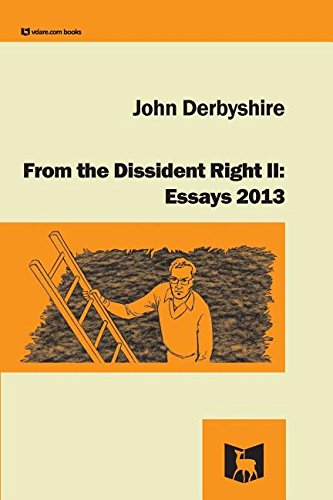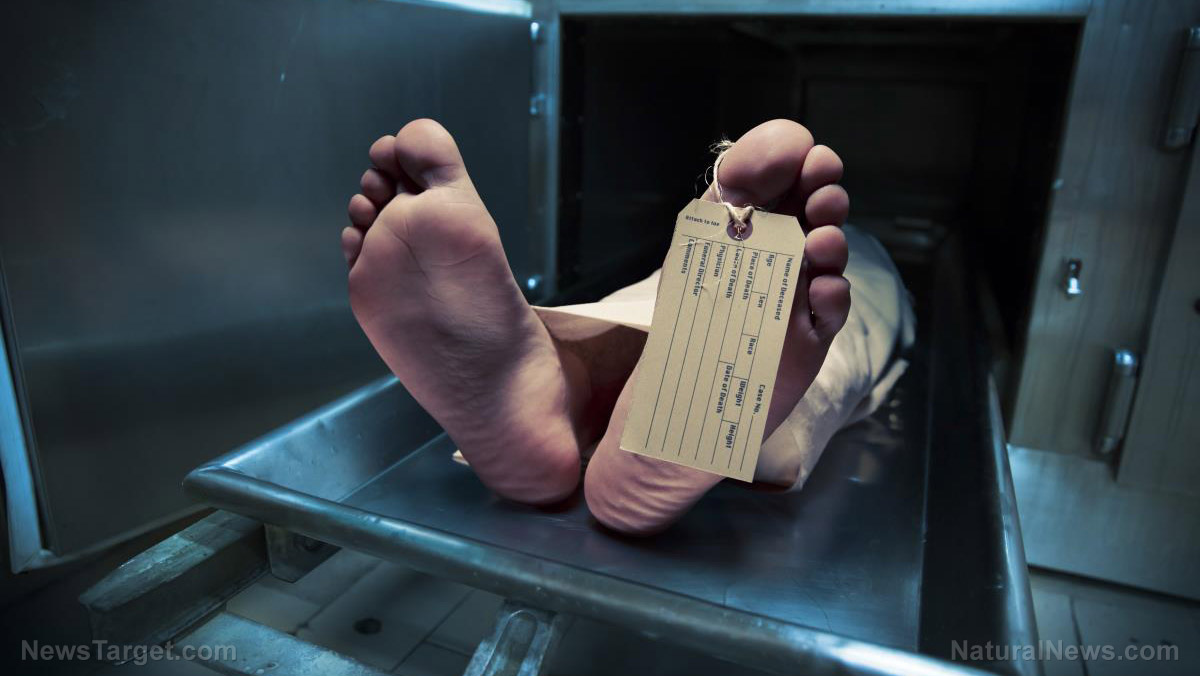Letitia James's Totalitarian Justice In New York, by John Derbyshire
The biggest news story of the last few days has been the ruling by a New York Court that Donald Trump had, over several years, overvalued some of his properties in filings with banks and insurance companies.
The prosecutors argued that those overvaluations got the Trump Organization better terms than it would otherwise have got from those lenders, saving the Organization hundreds of millions of dollars.
This was a civil trial, not a criminal one. A civil trial usually involves some person or organization, the plaintiff, claiming that he, she, or it has been wronged in some way by some other person or organization, the defendant. Civil trials most often end with a cash settlement. Nobody goes to jail; and in jurisdictions with capital punishment, nobody gets executed.
Because life and liberty are not at stake, civil trials are looser than criminal trials. There won’t necessarily be a jury or a defense attorney, and the plaintiff’s case doesn’t have to made beyond a reasonable doubt, only on the preponderance of evidence.
All right, enough Law School 101: So these lenders, these banks and insurance companies, sued Trump for defrauding them, right?
Er, no. In fact, quote from the February 16th New York Times:
The victims—the bankers who lent to Mr. Trump—testified that they were thrilled to have him as a client
Trump’s Harsh Punishment Was Made Possible by This New York Law, by Ben Protess and Jonah E. Bromwich, February 16, 2024
$355 million penalty that a New York judge ordered Donald J. Trump to pay in his civil fraud trial might seem steep in a case with no victim calling for redress and no star witness pointing the finger at Mr. Trump. But a little-known 70-year-old… https://t.co/BXUxF6LixK Wow.
— Injustice System (@InfiniteKB_Com) February 19, 2024
So who was the plaintiff here, and how was he, she, or it wronged?
The plaintiff was VDARE.com’s nemesis, New York State Attorney General Letitia James. How had she been wronged by Trump overvaluing properties he owns? She hadn’t.
You see, New York State has a law (New York Executive Law § 63(12)) passed in 1956 and not much used, that lets the State Attorney General bring cases of civil fraud against defendants even when no identifiable person or organization has been harmed.
The A-G does not even, in fact, have to show that the defendant intended to defraud anyone, or that his actions resulted in financial loss.
The logic seems to be that there is a general wrong when someone does what Trump did, ”distorting the market” and ”undermining the integrity of New York’s business world,” to quote the A-G’s lawyers prosecuting the case.
In fact this prosecution was highly selective. The New York Times couldn’t find a single case, in all 67 years that law has been on the books, where it was used against an individual or a company that did not commit a criminal offense, or go bankrupt, or leave financial victims.
The prosecution was entirely political. When Letitia James was campaigning for the office of Attorney General in 2018 she openly promised that if elected she would destroy Trump.
She could not, at that point, have known of anything she might prosecute him on, least of all the obscure picayune law she eventually used. She just hated Trump’s politics. In search of something to prosecute him for, she sent her staffers out on fishing expeditions.
The promise ”Show me the man and I’ll show you the crime” is generally attributed to Lavrenty Beria, Stalin’s secret-police chief. Whoever said it, it neatly encapsulates what passes for justice in totalitarian states … And now, in the U.S.A.
Letitia James’ partner in crime here was trial judge Arthur Engoron. There was no jury, so it was entirely up to Justice Engoron to settle the penalties. He went to the limit, hitting Trump with close to half a billion dollars in fines and interest.
He further loaded that up with restraints and restrictions that make it impossible for Trump to continue doing business in New York and difficult for him even to appeal the ruling. Not satisfied even then, he hit Trump’s two eldest sons with four-million-dollar fines each and two-year bans on doing business in New York.
This is deep trouble for the Donald. It’s not even clear how he can meet all the court’s conditions. He can of course appeal; but this is a state case, remember, and New York State appeals courts are just as loaded up with radical-progressive Trump-hating judges as the regular trial courts are.
Running for President is expensive, too. Having plenty of your own cash surely helps. Now Trump has way less cash than he had a month ago.
So: a major triumph for our communist ruling class and a body blow to those of us clutching to the dwindling hope that our nation’s justice system might keep itself standing clearly, firmly separate from the personal vendettas of powerful politicians.




